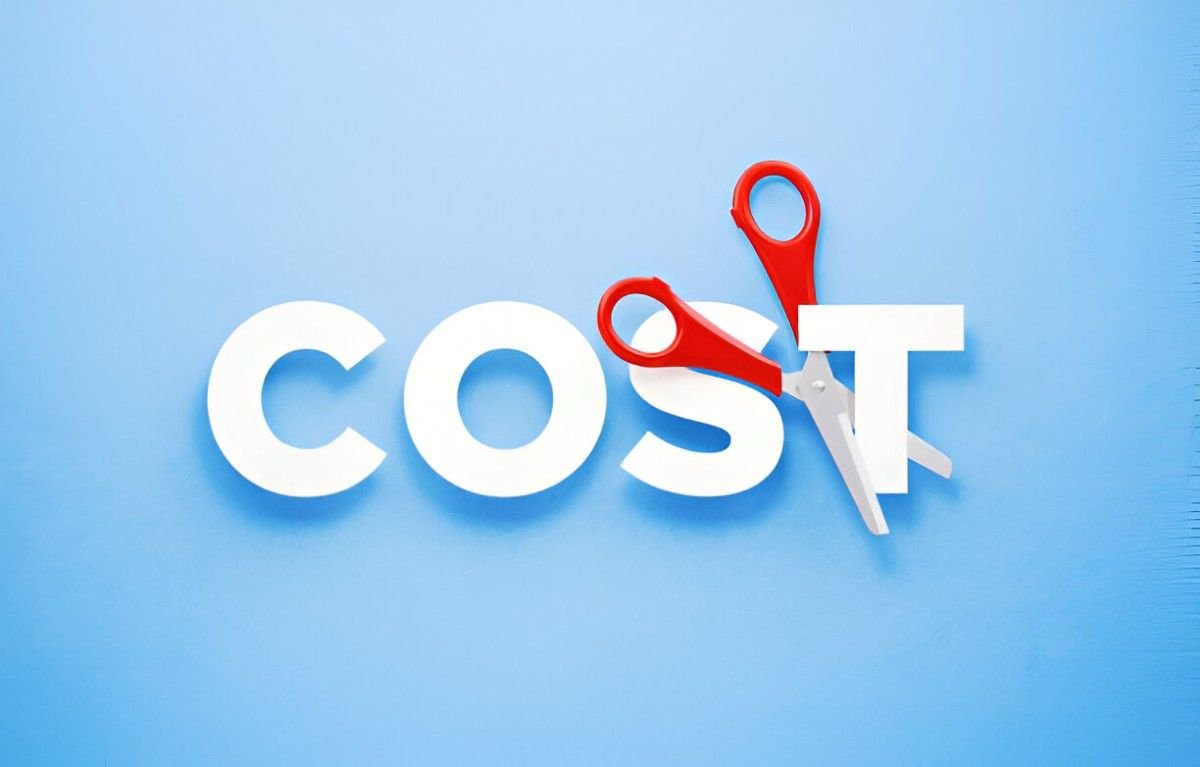As a financial consultant with over a decade of experience, I have seen businesses struggle with overhead costs more than any other expense category. Unlike direct costs, which tie directly to production, overhead lurks in the background, often overlooked until it becomes a financial burden. In this article, I break down overhead costs—what they are, how to calculate them, and why they matter for sustainable business management.
Table of Contents
What Are Overhead Costs?
Overhead costs, also called indirect costs, are expenses not directly tied to producing a specific product or service. They keep the business running but do not generate immediate revenue. Examples include rent, utilities, administrative salaries, and office supplies.
Types of Overhead Costs
Overhead costs fall into three main categories:
- Fixed Overhead – Costs that remain constant regardless of production levels (e.g., rent, insurance).
- Variable Overhead – Costs that fluctuate with business activity (e.g., utility bills, office supplies).
- Semi-Variable Overhead – Costs with both fixed and variable components (e.g., phone bills with a base rate plus usage charges).
Why Overhead Costs Matter
Ignoring overhead can distort profitability analysis. A business might appear profitable when only considering direct costs but suffer losses once overhead is factored in. For example, a small bakery selling cupcakes at \$3 each with a direct cost of \$1.50 might seem profitable. But if monthly overhead (rent, salaries, utilities) totals \$5,000, the bakery must sell at least \frac{5000}{3-1.5} \approx 3,333 cupcakes just to break even.
Calculating Overhead Rate
To measure overhead efficiency, businesses use the overhead rate, calculated as:
\text{Overhead Rate} = \frac{\text{Total Overhead Costs}}{\text{Total Labor Hours or Direct Costs}} \times 100For instance, if a manufacturing company has \$50,000 in overhead and \$200,000 in direct labor costs, the overhead rate is:
\frac{50,000}{200,000} \times 100 = 25\%This means for every dollar spent on direct labor, an additional \$0.25 goes toward overhead.
Comparing Overhead Across Industries
Different industries have varying overhead structures. A tech startup may have high software licensing costs, while a construction firm deals with equipment maintenance. Below is a comparison of average overhead percentages:
| Industry | Typical Overhead % of Revenue |
|---|---|
| Manufacturing | 20% – 35% |
| Retail | 15% – 25% |
| Professional Services | 40% – 60% |
| Healthcare | 50% – 70% |
These figures highlight why blanket cost-cutting strategies fail—what works for a retailer may cripple a healthcare provider.
Strategies to Manage Overhead
1. Activity-Based Costing (ABC)
ABC allocates overhead based on actual resource usage rather than arbitrary percentages. For example, if Customer A requires more administrative support than Customer B, ABC ensures overhead is distributed fairly.
2. Outsourcing Non-Core Functions
Many businesses reduce overhead by outsourcing payroll, IT, or customer service. A study by Deloitte found that 59% of companies outsource to cut costs.
3. Adopting Technology
Automation tools (e.g., accounting software, AI-driven analytics) can trim administrative overhead. A restaurant using digital inventory management reduces waste and labor costs.
Common Overhead Cost Mistakes
- Underestimating Hidden Costs – Employee training, compliance, and software subscriptions add up.
- Over-Allocating Overhead – Applying a flat overhead rate across all products can distort pricing.
- Ignoring Scalability – High fixed overhead can strain cash flow during downturns.
Real-World Example: Reducing Overhead in a Small Business
Consider a freelance graphic designer with monthly overhead:
- Rent: \$1,200
- Software Subscriptions: \$300
- Marketing: \$500
- Utilities: \$200
- Total Overhead: \$2,200
If the designer earns \$6,000 monthly, overhead consumes \frac{2200}{6000} \times 100 \approx 36.7\% of revenue. To improve profitability, they could:
- Switch to a co-working space, cutting rent by \$400.
- Use free-tier software for non-critical tasks, saving \$100.
- Focus on organic marketing, reducing ad spend by \$200.
New overhead: \$1,500, reducing the overhead rate to 25\%.
Conclusion
Overhead costs may not be as visible as direct expenses, but they dictate long-term financial health. By understanding, calculating, and strategically managing overhead, businesses can improve efficiency and profitability. Whether through activity-based costing, outsourcing, or technology adoption, the key lies in continuous evaluation and adjustment.





